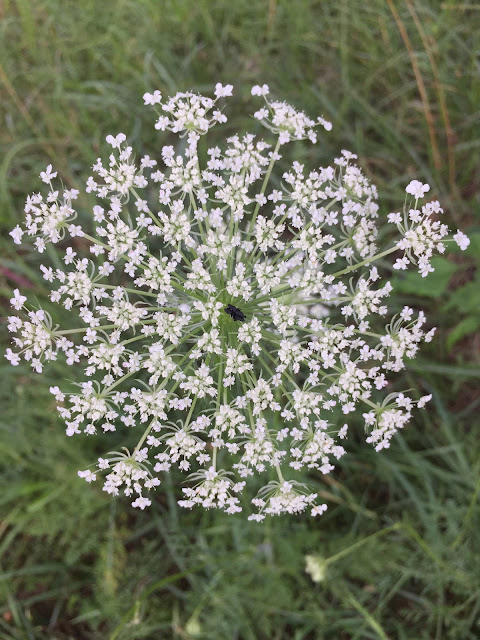On the Jericho road his luck ran out.
The air above the beaten track shimmered
and hissed like a snake. One sandal
lay in the center of the road, vanquished—the thieves
had left that, but all else was gone.
Its forsaken foot curled up into the lip of the ditch,
disembodied. The man laid there,
arms flung wide, like a fledgling who had
fallen to earth; astonishment curtained
his inert mouth. He floated
in a sea of dust, blood
pooling in tracks from his wounds. A buzzard
clasped a crag, sensing promise.
Perhaps the road would bring a savior.
Face toward Jerusalem, the priest
placed each foot delicately after the other, and then
drew the drape of his robe
across his face at the sight, blanched,
and muttered charms to ward off evil
as he moved to the other side, eyes averted.
A prayer of thanks rose skyward,
congratulating himself for his own righteousness,
to preserve him from such a fate. So too
the Son of Levi--he clasped his ewer by the handle,
suspicion of ambush and
contempt seizing his heart like a fist,
edging away on his holy business.
A buzz of flies eddied in his wake.
The buzzard snorted humorlessly
and shrugged.
Not long now.
There was no one to see, they thought—
but behind the blue veil of sky
the stars blinked
and spun in protest.
The sun mounted higher.
A Samaritan approached,
fresh from shunning by the priest and Levite,
who’d made him walk around them.
But at the sandal he slowed, his donkey
shaking her head, skittish at tang and echo of violence
in her nostrils and ears, at the glare
that glowed off sunburned flesh.
Her master crouched beside
the discarded sack of a man,
leaking like a burst wineskin.
He could still walk away.
“Cursed be
the one who leads the blind
on the road astray, or distorts
the justice and mercy owed a stranger,”
the Samaritan murmured.
The donkey breathed the amens.
A trumpet blare of mercy
echoed in his soul’s chamber; the
walls of the Samaritan's heart lay in rubble.
With gentle hands he shifted the donkey’s load until
he found wine and oil,
anointing the wounds
and cooling the stranger’s brow.
Like a mother, tenderly he drew
the fevered body to his chest, arms beneath
neck and knee, and raised his neighbor
from ditch to donkey delicately,
claiming the stranger as his brother,
whose heartbeat was an obligation, whose face
so closely resembled his own,
and only the buzzard turned a baleful eye,
a grudging witness.
--Leslie Barnes Scoopmire
Scripture Reference: Luke 10:25-37 (Proper 10C)










